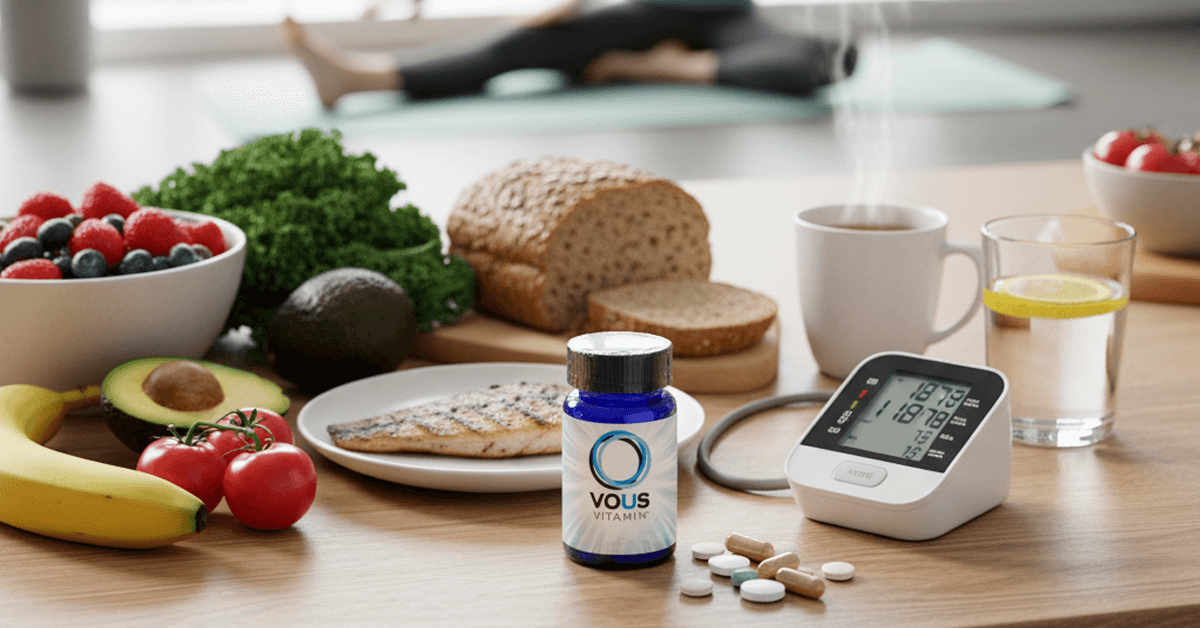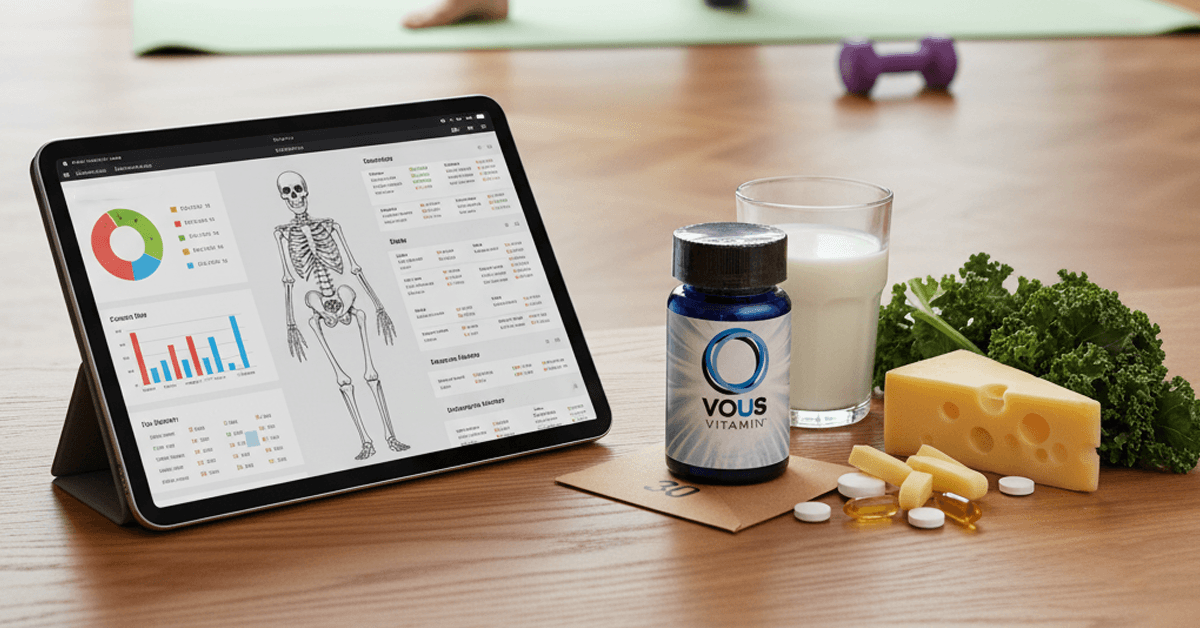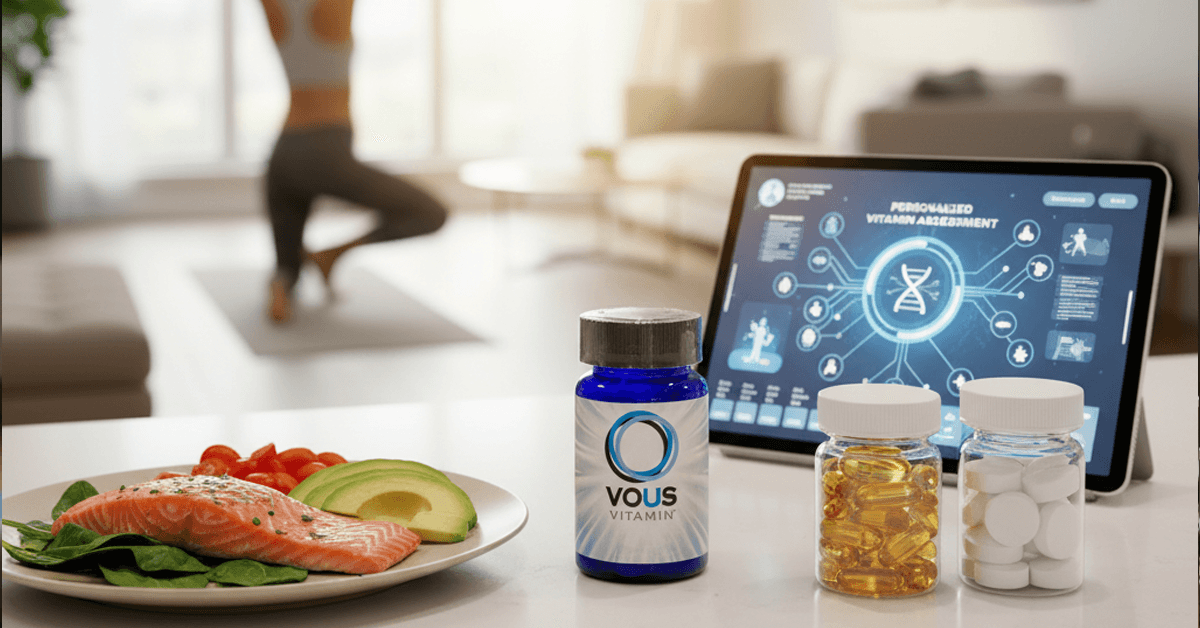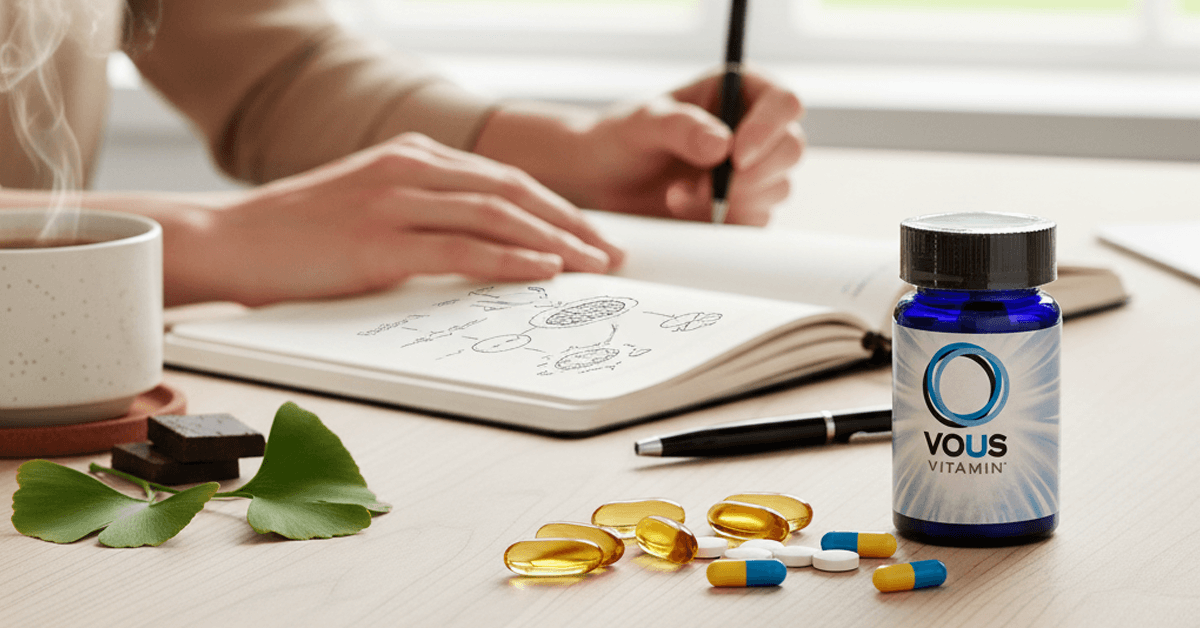

A personalized vitamin assessment is important to determine if certain vitamins would be beneficial for thinning hair. The vitamins and minerals most women lack for proper hair health are vitamin D and iron. We commonly see women (and men) who do not and cannot get enough of either of these important nutrients in their diet. Women lose iron through menstruation and pregnancy. Also, we no longer live in a carnivorous society where we scarf down red meat at multiple meals a day. While eating less meat may be great for other health and environmental or humane reasons, it is not so helpful when it comes to maintaining appropriate levels of iron. As a result, eventually we see signs of iron depletion in the form of hair loss, fatigue, and other symptoms. If you are experiencing any of these symptoms, the first step is to consult with your doctor as these symptoms may be signs of something more serious. Sometimes, additional testing is warranted. Typical blood testing (a blood count) may not reveal these deficiencies since despite whole body stores being low, the blood count can still appear normal.
Specific lab testing for ferritin or iron stores can be helpful. However, it is our experience that most women complaining of hair loss are iron depleted. Through a plan of gradual replacement (in the correct combination with other nutrients that help with iron absorption, such as vitamin C), this problem can be fixed. But it does not happen overnight. It takes six to twelve months. Typically a ferritin level needs to be built up to over 70 nanograms per milliliter in order to see hair regrowth, even though the lab’s normal may be 11 or above. Patience with this issue is difficult, but we are sure that every woman who has done it would tell you, it is well worth the wait. Similarly, a vitamin D deficiency is a very common contributor to the hair loss dilemma. Vitamin D is an important vitamin that plays a vital role in bone metabolism, immunity, and many other physiological processes. Getting enough vitamin D strictly through our diet (mostly found in wild-caught salmon or beef liver) is very challenging. While the sun gives us vitamin D, we all know by now that excess exposure to the sun can cause skin cancer and other ailments. Thus, sunbathing is most definitely not recommended as a source for our vitamin D. People who live in more temperate climates do not generally have enough sun exposure year-round to keep their vitamin D stores up. Additionally, our kidneys and liver must convert the metabolite we obtain from the sun into its active form and our bodies do not often process the vitamin D as they should.
Fear not, vitamin D also is a nutrient that we can replenish over time. Like iron, it requires a steady daily dose over many months, and the amount taken should not be excessive (too much of a good thing is not better, but can in fact be harmful). It also is best taken in its most active form, vitamin D3. Restoring appropriate levels of vitamin D should enable you to restore your body to its optimal level of function.
Discover your personalized vitamin blend through an online assessment tool that can indicate whether you need more Vitamin D and other vitamins to address thinning hair.


In a world where health should require an individualized approach by each person, generic multivitamins often cannot provide the same nutrients that your body really


For years, people have relied on generic vitamins hoping to fill nutritional gaps. However, what was working just a few decades ago does not suit


The majority of the population buys generic vitamins at the store with the hope that they will meet the nutrient requirements. However, the truth is


As individuals increasingly shift toward proactive health and wellness grounded in data, individualized approaches are sought to draw from, rather than antiquated, generic, one-size-fits-all multivitamins.
| Cookie | Duration | Description |
|---|---|---|
| cookielawinfo-checkbox-analytics | 11 months | This cookie is set by GDPR Cookie Consent plugin. The cookie is used to store the user consent for the cookies in the category "Analytics". |
| cookielawinfo-checkbox-functional | 11 months | The cookie is set by GDPR cookie consent to record the user consent for the cookies in the category "Functional". |
| cookielawinfo-checkbox-necessary | 11 months | This cookie is set by GDPR Cookie Consent plugin. The cookies is used to store the user consent for the cookies in the category "Necessary". |
| cookielawinfo-checkbox-others | 11 months | This cookie is set by GDPR Cookie Consent plugin. The cookie is used to store the user consent for the cookies in the category "Other. |
| cookielawinfo-checkbox-performance | 11 months | This cookie is set by GDPR Cookie Consent plugin. The cookie is used to store the user consent for the cookies in the category "Performance". |
| viewed_cookie_policy | 11 months | The cookie is set by the GDPR Cookie Consent plugin and is used to store whether or not user has consented to the use of cookies. It does not store any personal data. |